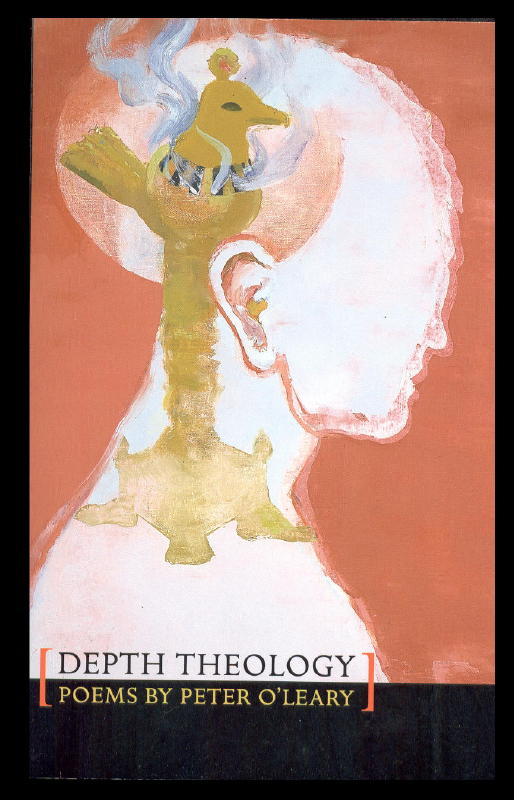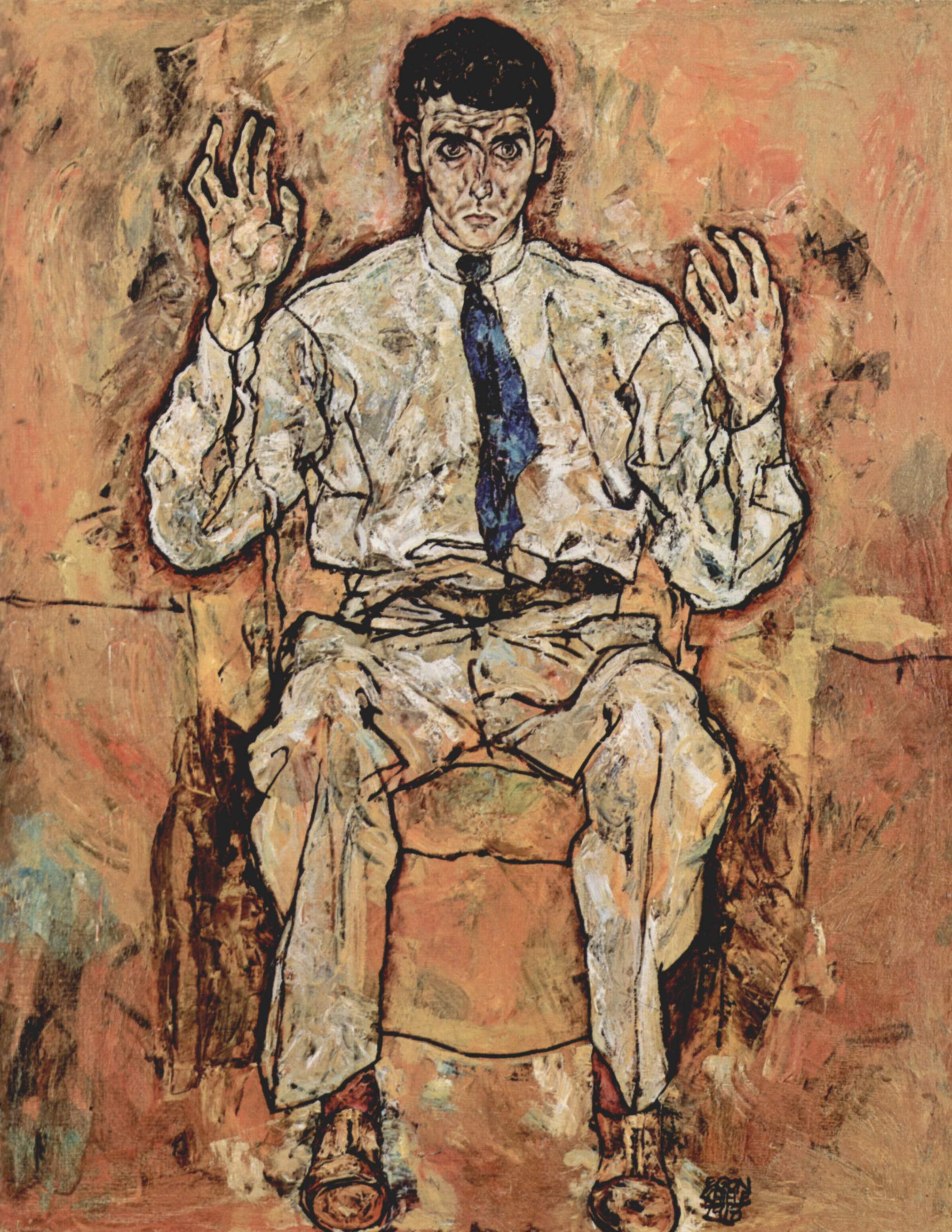there comes the chill of a season-lost, (in the air)
my breath feels heavy, tongues feed on smoke-steel
"Vincenzo Bellini has what it takes...!"
and again, the jump!
thunder comes, steps go easy: in-love and unaware;
strand of hair resting on the sink then the light darkens
to a shade of blue,
your eyes; the
. . . faint rustle of dried leaves. Look!
Penelope stays up in bed tonight,
radio static inside: pointe-shoes hang forever,
time stops on the glass,
lightning cracks - in the distance
over there beyond the seasons -
and the world starts humming on the dial, again.
- © Khan Boha
[Notes: i just noticed that the poem wraps itself around the occurrence of thunder
which time-wise go ahead and then comes the lightning instance which should have
preceded the thunder, neat! hehe]

























